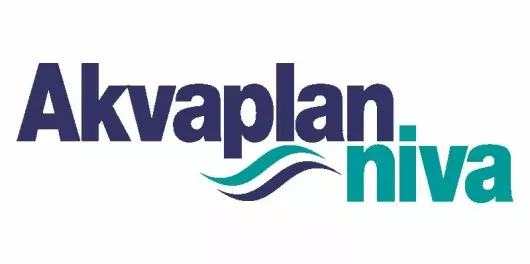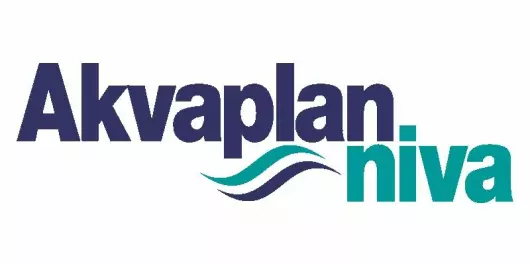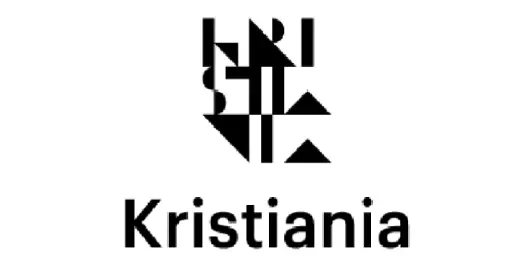Ledig stilling på Universitetet i Oslo
Blindern og Urbygningen (Foto: Wikimedia og Colourbox)
Postdoctoral Research Fellows in Space Sensors and Systems
Deadline: 15.01.2022
Universitetet i Oslo
The University of Oslo is Norway’s oldest and highest rated institution of research and education with 28 000 students and 7000 employees. Its broad range of academic disciplines and internationally esteemed research communities make UiO an important contributor to society.
The Department of Technology Systems (ITS) is a newly established department at the Faculty of Mathematics and Natural Sciences at the University of Oslo. ITS has taken over the activities at UNIK from January 2017. The Institute is located in the Kjeller Research Park, which is one of the largest research and development centers in Norway. ITS collaborates with the research institutes at Kjeller, and with industry, while it is also tightly integrated with complementary activities at UiO in Oslo. The department has two sections: section for energy systems and section for autonomous systems and sensor technologies. An important goal of ITS is to provide wider opportunities at UiO within applied technologies.
Job description
Applicants are invited for two positions as Postdoctoral Fellow iat the Centre for Space Sensors and Systems (CENSSS) at Department of technology systems (ITS), University of Oslo.
Both positions are for a period of 3 years.
Starting date as soon as possible.
More about the position
CENSSS is a Centre for Research-based Innovation (SFI), funded by the Research Council of Norway (RCN) and UiO for up to eight years, starting in November 2020. The centre has three research partners and nine user partners. CENSSS is based at Kjeller, Norway, where there is a long history of space science and technology dating back to the 1960s.
CENSSS will address challenges and opportunities in science, technology and business related to “New-Space” (i.e less than ~100 kg) satellites and systems for Earth Observation (EO), as well as Space Exploration (to the Moon and Mars), by focusing on novel sensors and sensor systems and services. The centre will address UN´s Sustainable Development Goals (SDGs) as well as applications of national interest.
The core activity of the Centre shall support at least 10 PhD candidates and 5 postdocs. The PhD candidates and postdocs are expected to work in close contact with the research- and user partner of CENSSS. The department is planning to start a Masters degree program in Space systems, in collaboration with other departments at UiO and other organizations, from 2023
For Earth Observation, CENSSS will develop new sensors (Work Package 1 (WP1)), develop new exploitation models, applications and services (WP3), and will design, integrate, test, launch, operate and exploit a Norwegian “New-Space” satellite (WP2). CENSSS will also investigate and explore data from available satellites and satellite systems, and address on-board processing of sensor data including deep learning, as well as data fusion of different types of data sets, to provide new insight (WP2 and WP3). The work packages are closely interrelated, and scientists and students are expected to work together as a team.
The two postdoc positions are associated primarily with CENSSS Work Packages 2 and 3. One postdoc should take responsibility for the assembly, integration and test (AIT) of the complete satellite (or satellites) in WP2. Depending on the background, one postdoc may take on the responsibility of leading WP3. Both are expected to take an active part in the day-to-day work, including teaching and supervision of PhD candidates and master students, and keep contact with the CENSSS partners.
The main purpose of the fellowship is to qualify researchers for work in higher academic positions within their disciplines.
Qualification requirements
The Faculty of Mathematics and Natural Sciences has a strategic ambition of being a leading research faculty. The candidates for this position will be selected in accordance with this, and are expected to be in the upper segment of their class with respect to academic credentials.
- To be appointed as postdoc, the candidate must hold a degree equivalent to a Norwegian doctoral degree in physics, electronics, informatics or related fields. For candidates at the very final stage of their PhD program, a doctoral dissertation must be submitted for evaluation no later than six weeks after the closing date of this announcement, in order to be evaluated for these positions.
- The topic of the doctoral degree must be of relevance to the position.
- The candidate must be eligible to obtain a “restricted” security clearance according to the Norwegian National Security Act (Lov om Nasjonal Sikkerhet, a.k.a. “Sikkerhetsloven”), i.e. preferably be a citizen of Norway, Sweden or a NATO country.
- The candidate must have fluent oral and written communication skills in English.
The applicant should have knowledge and experience from one or more of the following topics:
- Satellite design, including its subsystems
- Integration and testing of spacecrafts and/or sub-systems, including electronics and mechanical solutions
- Systems engineering
- Signal and data analysis
Personal skills
- Ability to take initiative and come up with new ideas to solve theoretical and practical problems
- Ability to work independently as well as in a team
- Good personal communication skills
We offer
- Salary NOK minimum 526 200 – 608 200 per annum depending on qualifications in position as Postdoctoral Research Fellowship (position code 1352)
- Attractive welfare benefits and a generous pension agreement
- Professionally stimulating working environment
- Vibrant international academic environment
- Postdoctoral development programmes
- Lillestrøm's family-friendly surroundings with their rich opportunities for culture and outdoor activities
How to apply
The application must include:
- Cover letter (statement of motivation, summarizing scientific work and research interest)
- CV (summarizing education, positions, pedagogical experience, administrative experience and other qualifying activity)
- Copies of educational certificates, academic transcript of records and letters of recommendation
- A complete list of publications and up to 5 academic works that the applicant wishes to be considered by the evaluation committee
- Names and contact details of 2-3 references (name, relation to candidate, e-mail and telephone number)
- Letters of recommendation (optional)
The application with attachments must be delivered in our electronic recruiting system, please follow the link “Apply for this job”. Foreign applicants are advised to attach an explanation of their University's grading system. Please note that all documents should be in English (or a Scandinavian language).
In assessing the applications, special emphasis will be placed on the documented, academic qualifications, as well as the candidates motivation and personal suitability. Interviews with the best qualified candidates will be arranged.
Formal regulations
Please see the guidelines and regulations for appointments to Postdoctoral fellowships at the University of Oslo.
No one can be appointed for more than one Postdoctoral Fellow period at the University of Oslo.
According to the Norwegian Freedom of Information Act (Offentleglova) information about the applicant may be included in the public applicant list, also in cases where the applicant has requested non-disclosure.
If there are qualified applicants with special needs, gaps in their CVs or immigrant backgrounds, we will invite at least one applicant in each of these groups to an interview.
The University of Oslo has an agreement for all employees, aiming to secure rights to research results a.o.
Contact information
For further information please contact either
For question regiarding our recruitment system, please contact HR Adviser Ørjan Pretorius, e-mail: orjan.pretorius@mn.uio.no.
Apply for this job














